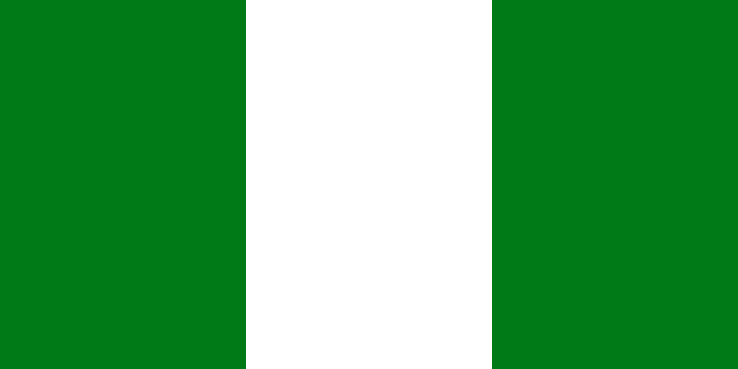NIGERIA: New Framework Ends USSD Payment Dispute Between Banks and Telcos

Telcos to receive direct USSD payments as NCC and CBN approve End-User Billing model
In a major policy shift aimed at resolving the long-standing USSD debt crisis in Nigeria’s telecom sector, mobile network operators will now receive payments for Unstructured Supplementary Service Data (USSD) services directly from subscribers’ airtime, following a new billing arrangement approved by the Nigerian Communications Commission (NCC) and the Central Bank of Nigeria (CBN).
The newly adopted End-User Billing (EUB) framework marks the end of an era where commercial banks acted as intermediaries, collecting USSD charges on behalf of telecom operators without consistent remittance. Under the new model, operators including MTN, Airtel, Glo, and 9mobile will deduct service fees—fixed at ₦6.98 per session (up to 120 seconds)—directly from users' airtime balances, subject to subscriber consent.
“This transition marks a significant milestone in the evolution of Nigeria’s digital financial ecosystem,” said Gbenga Adebayo, Chairman of the Association of Licensed Telecom Operators of Nigeria (ALTON). “It aims to establish a transparent, sustainable, and customer-centric model for USSD service delivery.”
Resolving a ₦200 Billion Debt Dispute
The change follows years of conflict between telecoms and banks over unpaid USSD fees. As of December 2024, telcos had provided over ₦200 billion worth of USSD services without full payment from banks. Despite the 2021 introduction of a ₦6.98 flat-rate charge, compliance remained inconsistent, prompting threats of service disruption by telecom providers.
“Before now, banks would deduct money from customers but fail to remit to the telcos. It was always a problem,” said Adeolu Ogunbanjo, President of the National Association of Telecoms Subscribers (NATCOMS). “This reform is long overdue and brings transparency and accountability.”
Ogunbanjo praised the NCC and CBN for their collaborative leadership and expressed hope that the new model would incentivize improved service delivery across the telecom sector.
Gradual Implementation and Payment Terms
The transition to EUB was officially announced last week by ALTON, with major banks including GTBank, UBA, and FCMB already notifying customers of the new billing procedure. Users will now receive a prompt to approve airtime deductions before any USSD charges are applied.
To facilitate a smooth transition, a debt repayment plan has been agreed between banks and telcos. According to a joint circular issued by the CBN and NCC on December 20, 2024:
-
Banks must pay 60% of outstanding USSD debt by January 2, 2025.
-
All legacy debt must be settled by July 2, 2025.
-
85% of new bills must be paid by December 31, 2025.
Only banks and telcos that comply with these terms will be permitted to operate under the new billing framework.
Ensuring Service Continuity
Adebayo reassured customers that there would be no disruptions to USSD services and confirmed that existing shortcodes for banking transactions, bill payments, and balance checks would remain active.
“Subscribers experiencing service issues should reach out to their mobile network operators. For transaction-related problems, they should contact their banks,” he added.
Boosting Financial Inclusion
USSD remains a vital channel for financial services in Nigeria, especially for users in rural and underserved communities who lack access to smartphones or mobile internet. The direct billing model, anchored on user consent and clear remittance flows, is expected to enhance trust and efficiency across Nigeria’s digital finance landscape.
As Nigeria continues to drive financial inclusion, industry stakeholders hope the new framework will strengthen digital payment infrastructure, improve service quality, and restore confidence among all players in the value chain.
WEST AREKAMHE
 Africas leading resource for digital financial services
Africas leading resource for digital financial services


comments